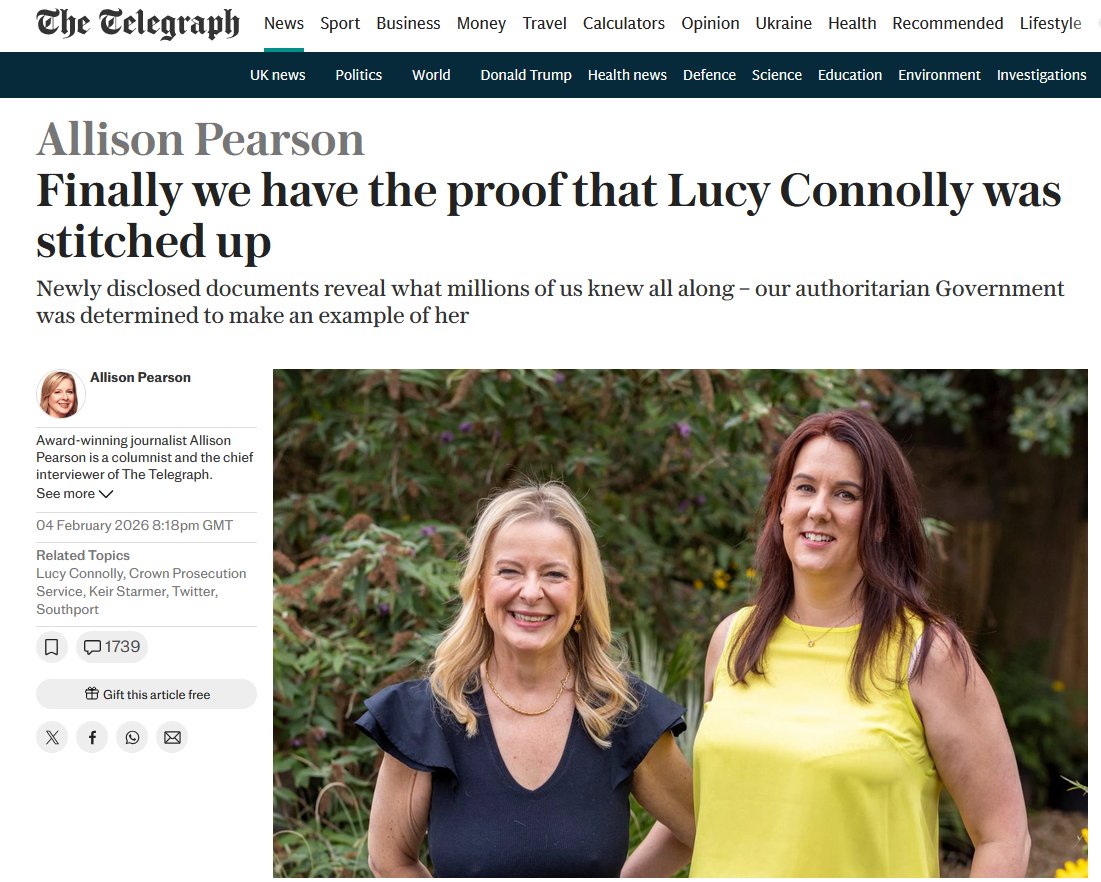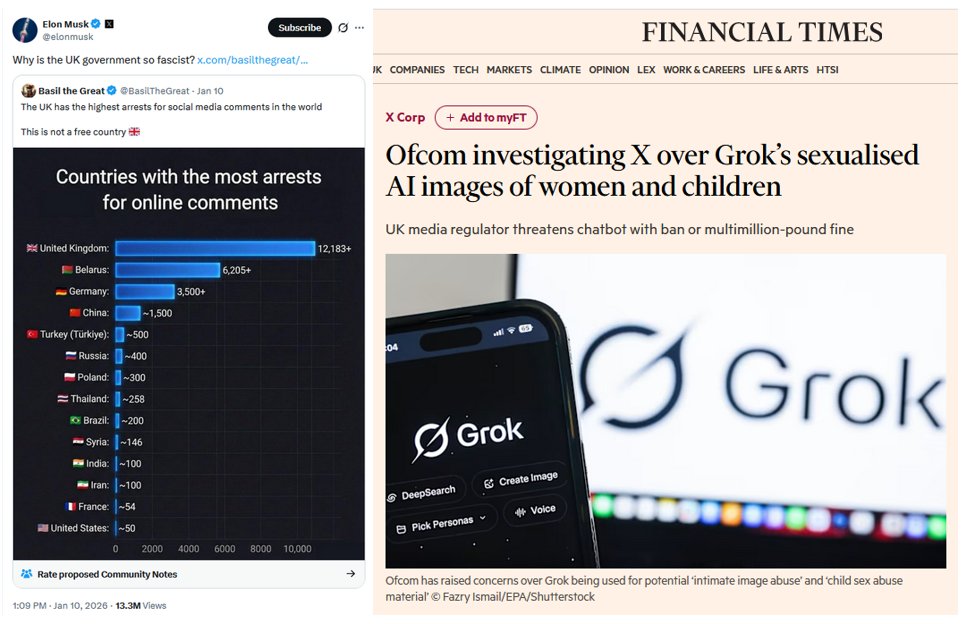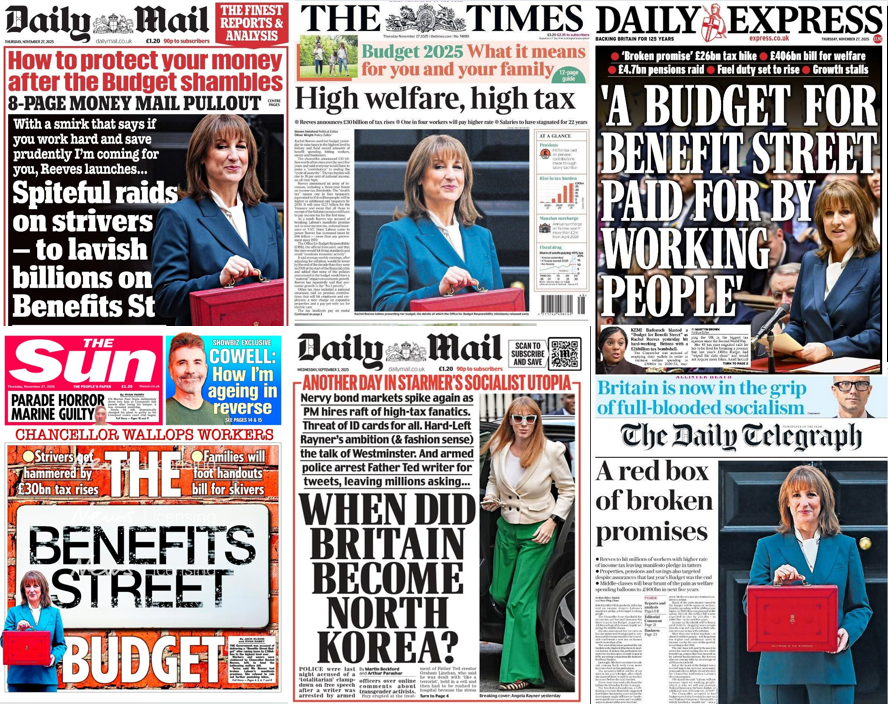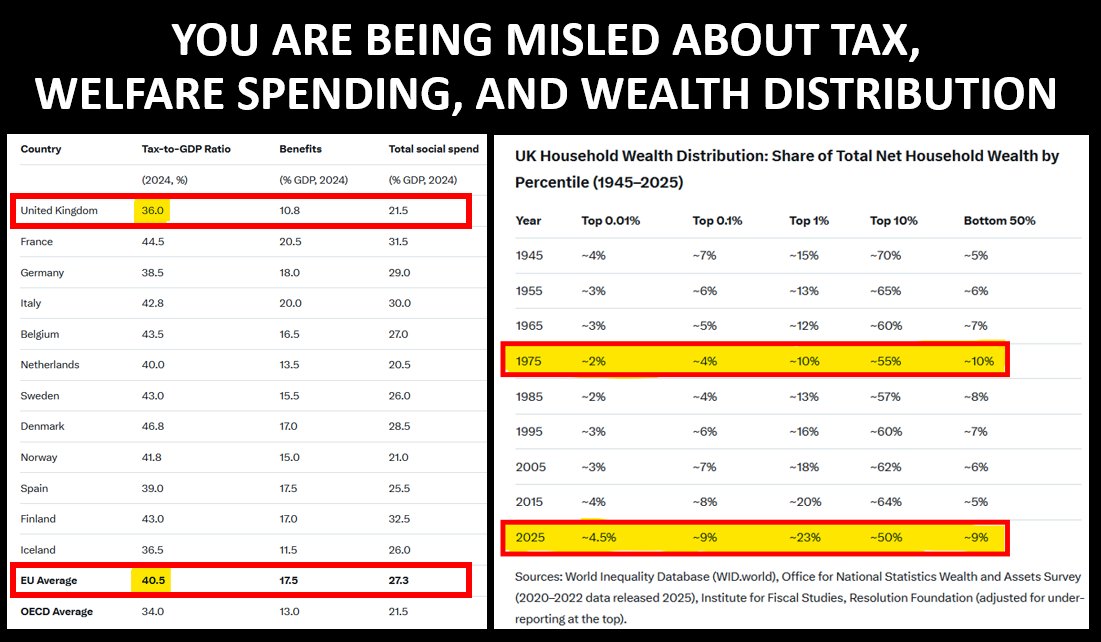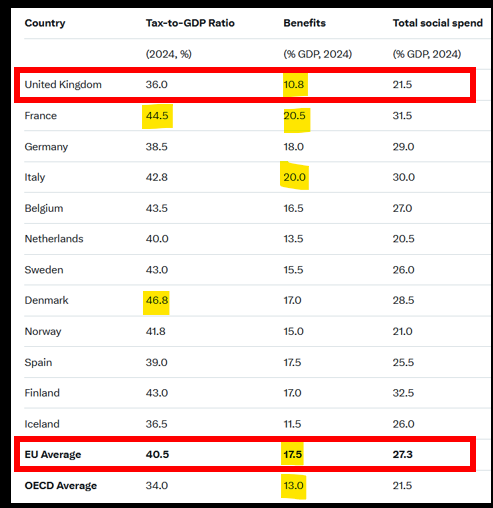#THREAD
The Combination Act of 1799 - passed under the Govt of William Pitt the Younger as a response to Jacobin activity & the fear that workers would strike during a conflict - prohibited trade unions & collective bargaining by British workers.
#EnoughIsEnough #JoinAUnion
The Combination Act of 1799 - passed under the Govt of William Pitt the Younger as a response to Jacobin activity & the fear that workers would strike during a conflict - prohibited trade unions & collective bargaining by British workers.
#EnoughIsEnough #JoinAUnion
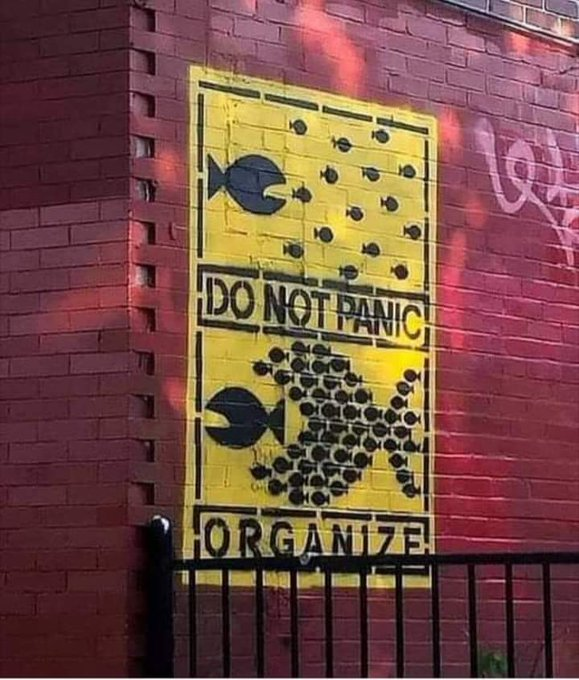
Throughout the 1790s, the war against France was presented as an ideological struggle between French republicanism vs. British monarchism, with the British government seeking to mobilise public opinion in support of the war.
#JoinaUnion
#JoinaUnion

The Pitt government waged a vigorous propaganda campaign, contrasting the 'ordered' society of Britain dominated by the aristocracy & the gentry, with the "anarchy" of the French revolution. Pitt's Govt always sought to associate British "radicals" with the revolution in France. 

Like the current Govt, the Pitt Govt drastically reduced civil liberties. It created a nationwide spy network with ordinary people being encouraged to denounce any "radicals" in their midst, & fermented a "popular conservative movement" that rallied in defence of King & Country. 
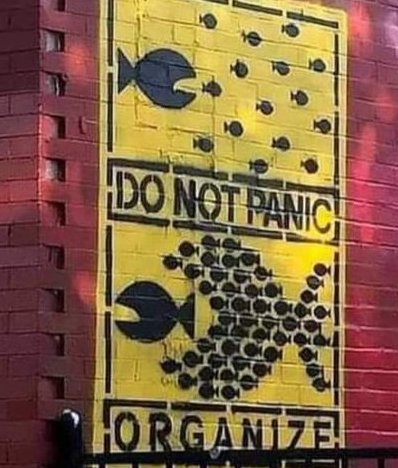
The 1799 Combination Act drove labour organisations underground & toward militancy, with Unions subject to often severe repression.
Sympathy for the plight of the workers led to Unions being decriminalised when the Combination Act was repealed in 1824.
Sympathy for the plight of the workers led to Unions being decriminalised when the Combination Act was repealed in 1824.

In response to a series of strikes that followed Union decriminalisation, the 1825 Combinations of Workmen Act decriminalised trade unions, but severely restricted their activity, prohibiting collective bargaining for better terms & conditions, & suppressing the right to strike. 

Following the 1825 Combinations of Workmen Act, growing numbers of workers joined Unions in their efforts to achieve better wages & working conditions.
Generally much less radical but more permanent trade unions were established from the 1850s onwards.
Generally much less radical but more permanent trade unions were established from the 1850s onwards.

The London Trades Council, uniting London's trade unionists, was founded in 1860, & the Sheffield Outrages (a series of explosions & murders by a group of trade unionist militants carried out in 1860s Sheffield) spurred the establishment of the Trades Union Congress in 1868. 

The legal status of trade unions was established by the 1867 Royal Commission on Trade Unions, which despite hostility to the idea of legalising trade unions, agreed that the establishment of Unions was to the advantage of both employers & employees.
spartacus-educational.com/TUroyal.htm
spartacus-educational.com/TUroyal.htm
Unions were fully legalised with the adoption of the Trade Union Act 1871 - although the 1871 Criminal Law Amendment Act (fully repealed by the Trade Union & Labour Relations Act 1974) made picketing illegal.
Between 1862 & 1875, the average wage increased by 40%.
#JoinAUnion
Between 1862 & 1875, the average wage increased by 40%.
#JoinAUnion

What else - besides joining a union - can you do?
#EnoughIsEnough #JoinAUnion
#EnoughIsEnough #JoinAUnion
https://twitter.com/docrussjackson/status/1475091062792273921?s=20&t=iuFT5etSQ6iyyrchl4kM5g
• • •
Missing some Tweet in this thread? You can try to
force a refresh


